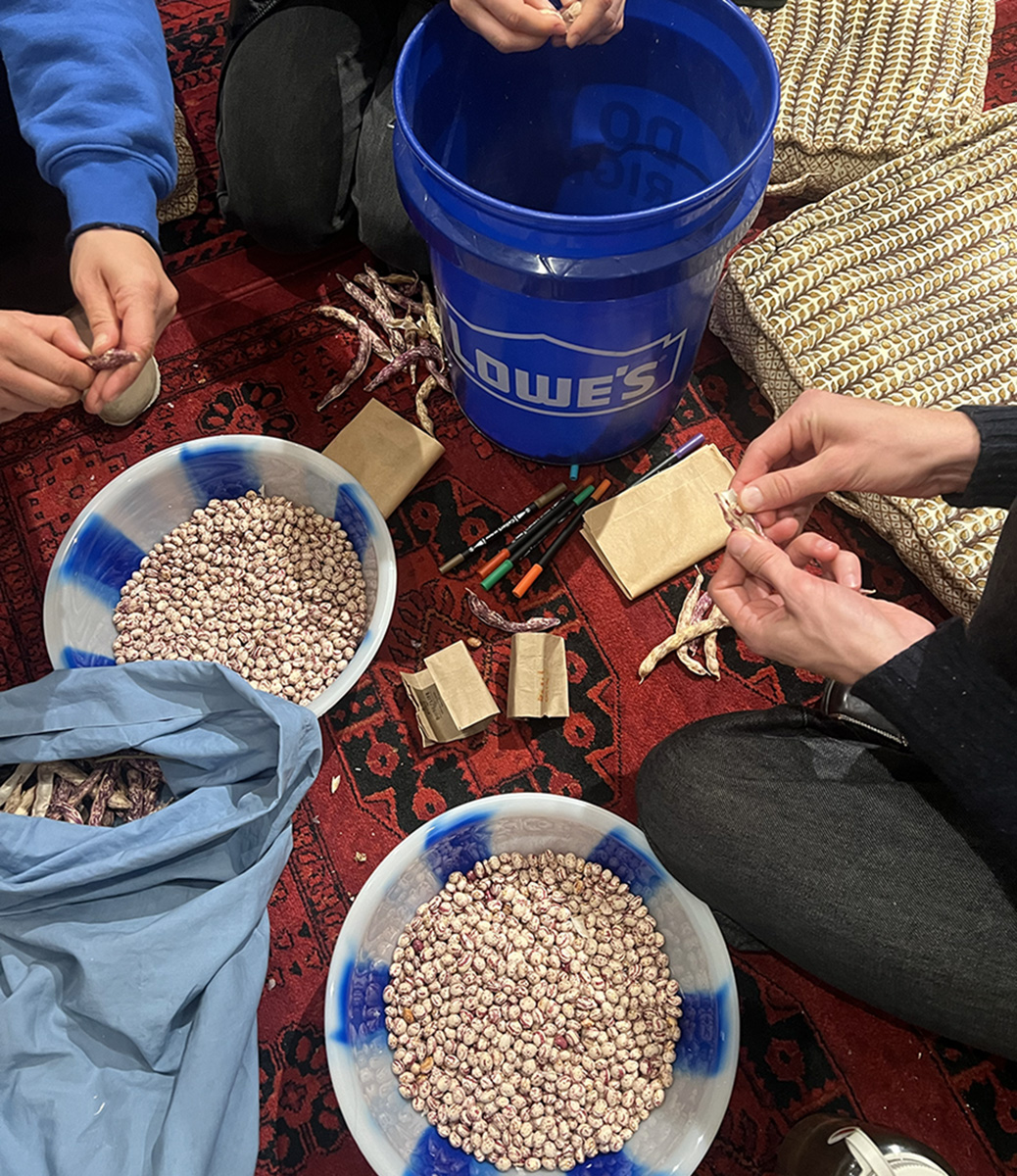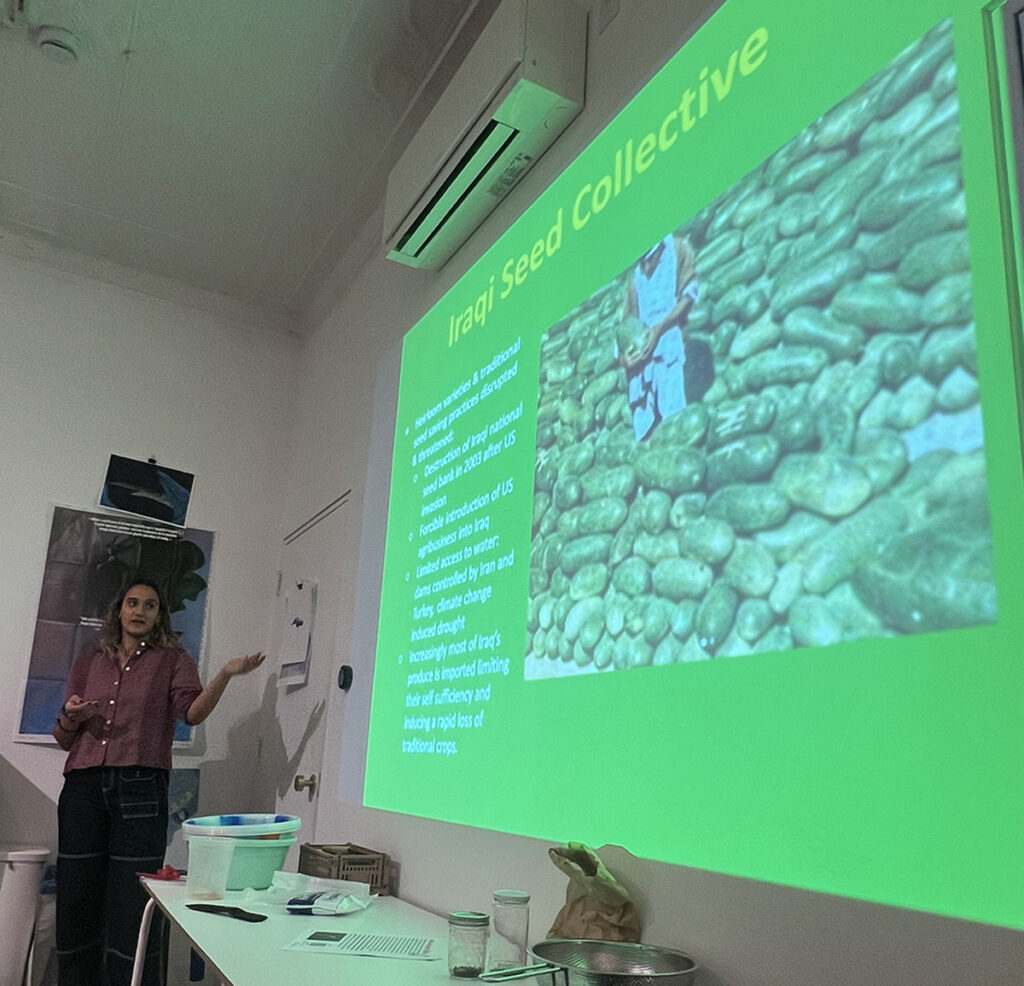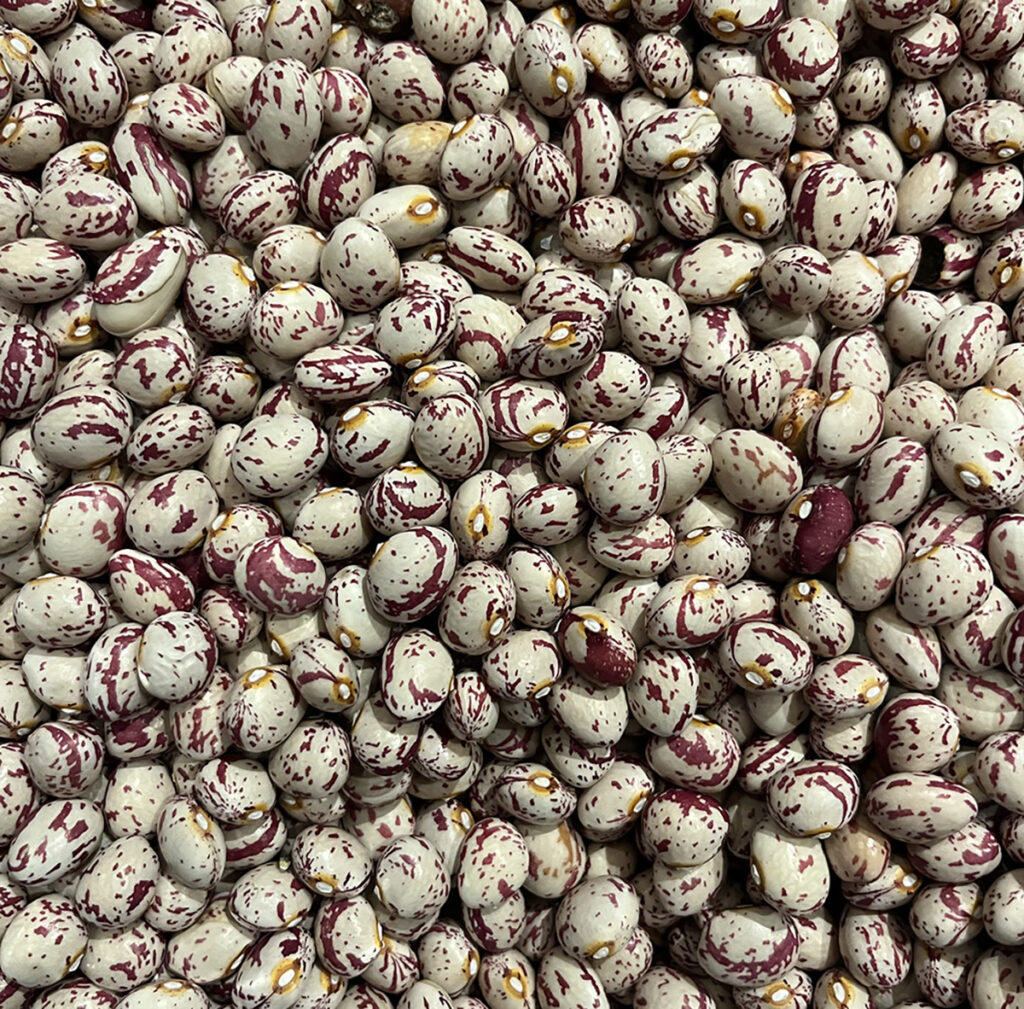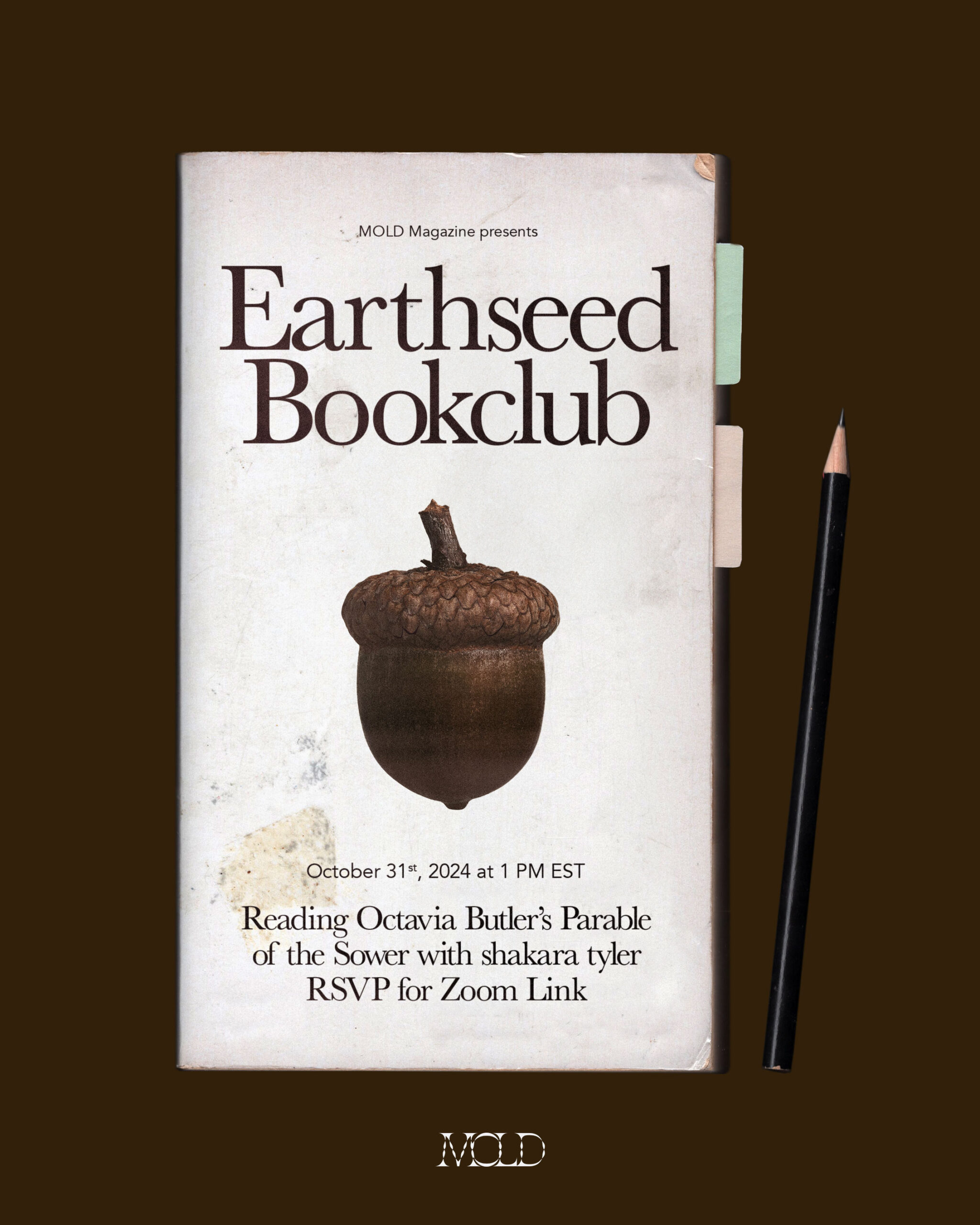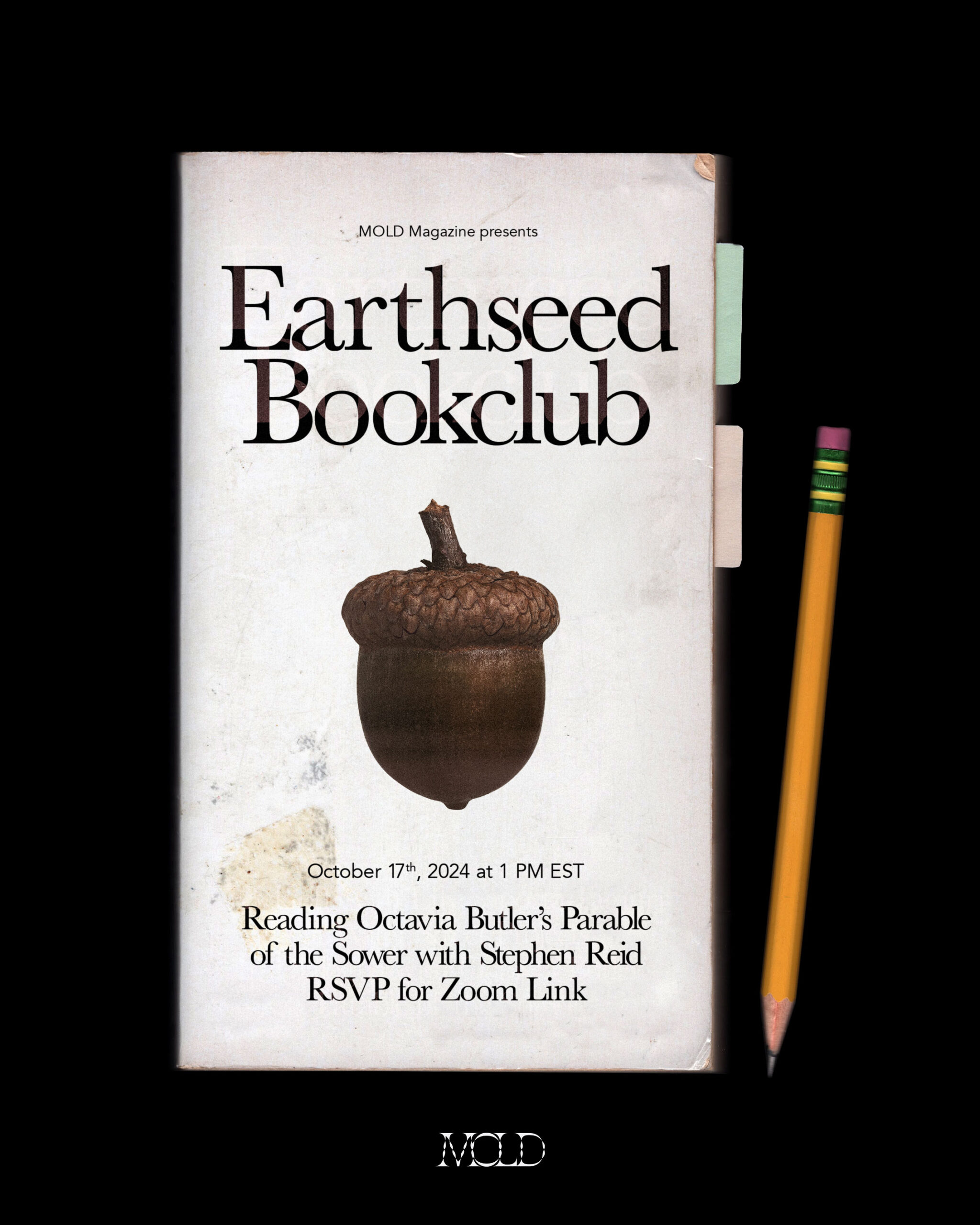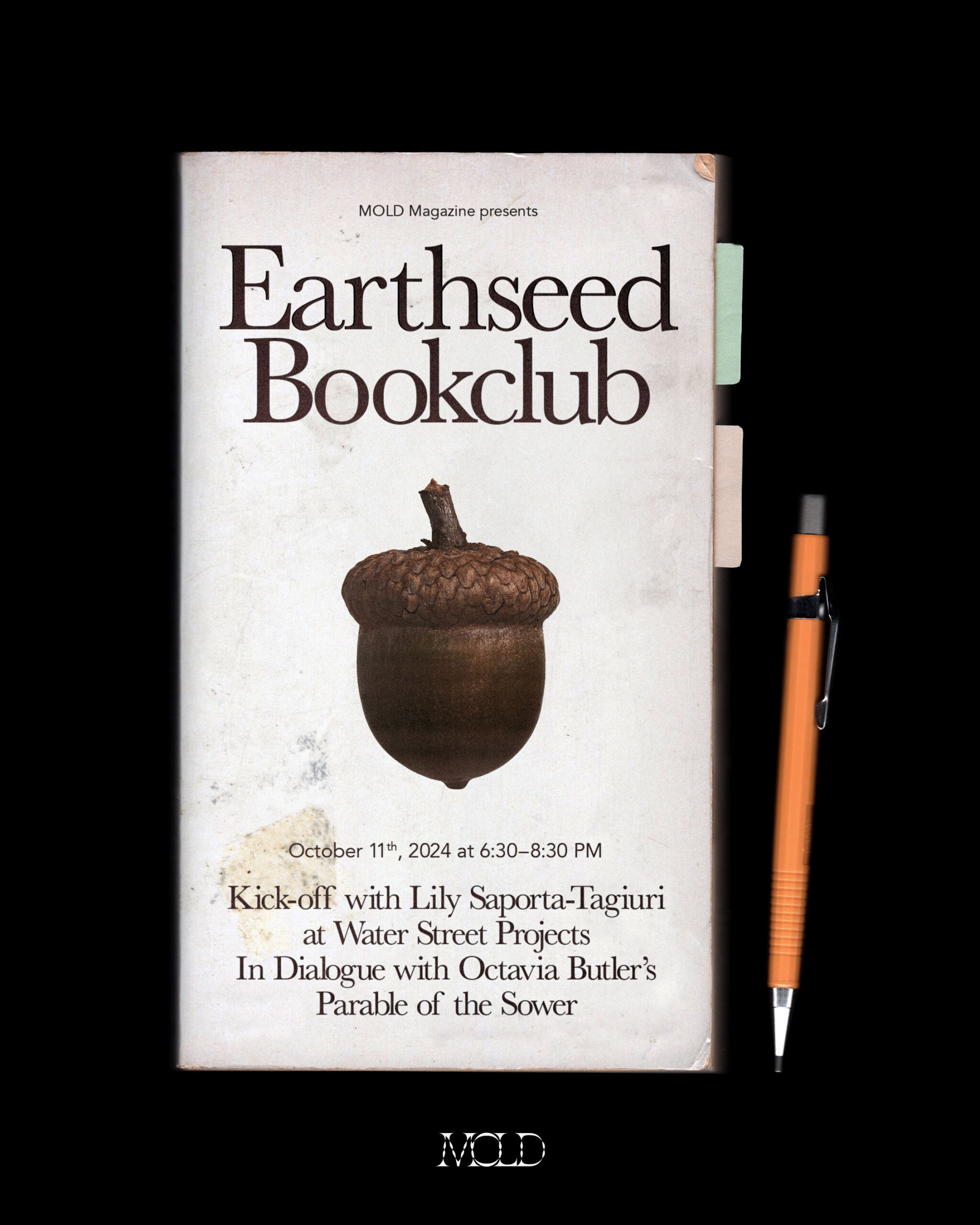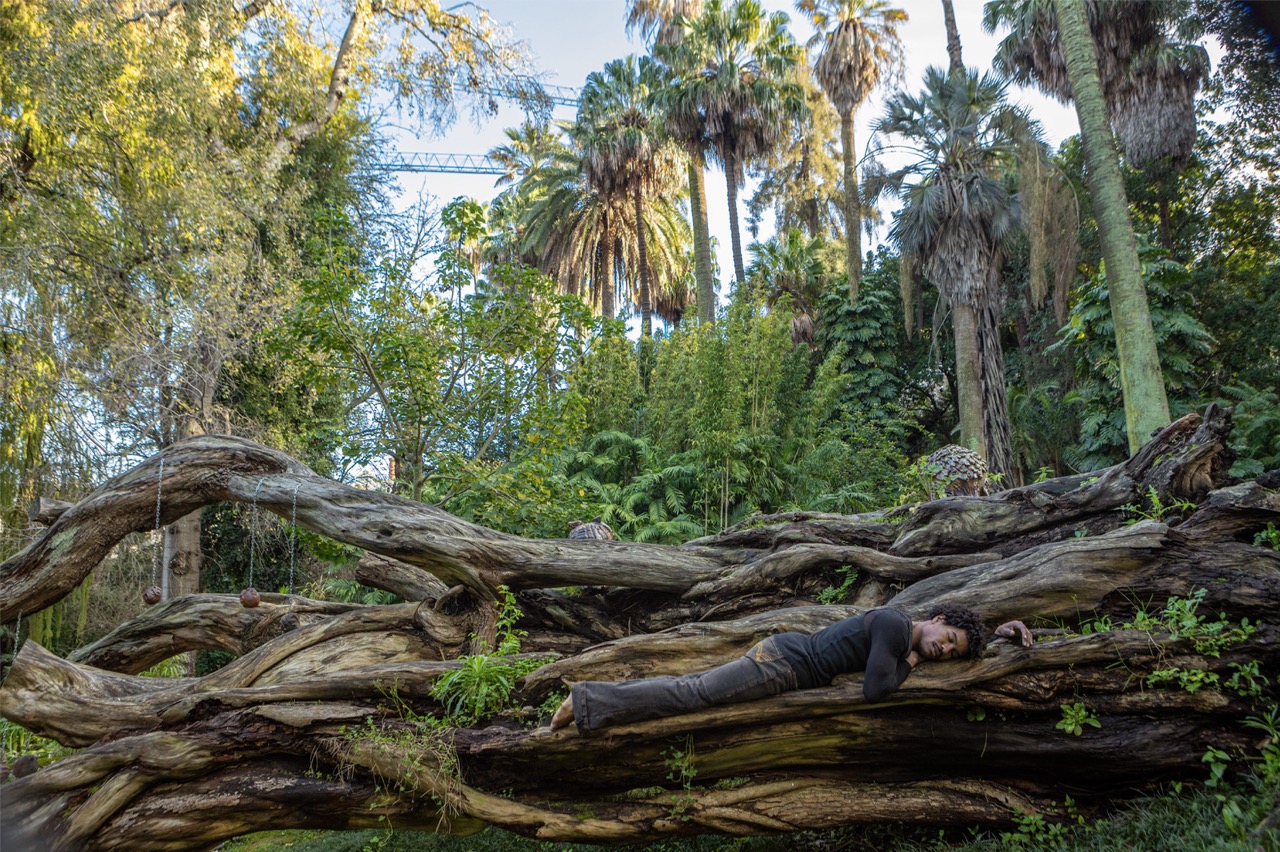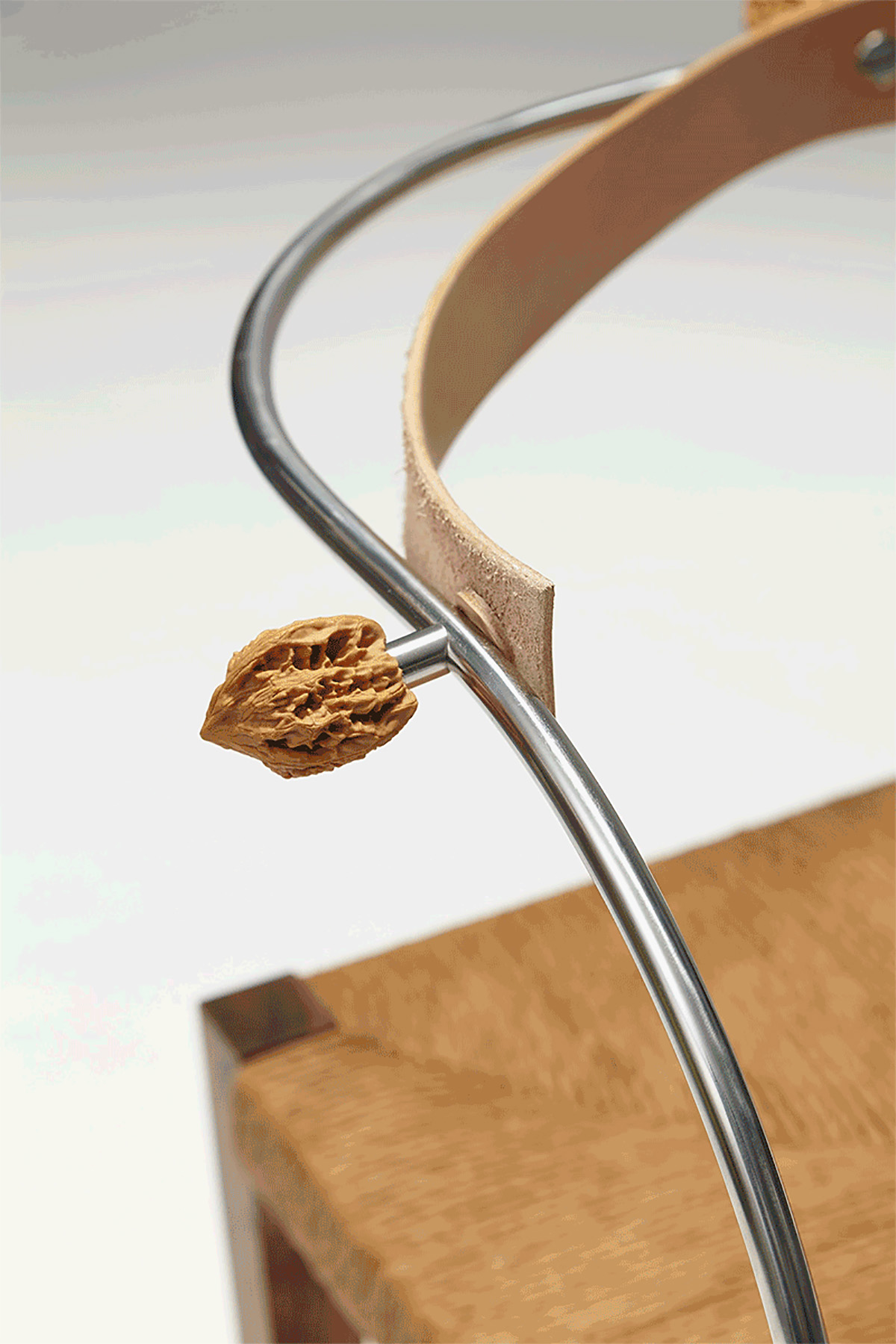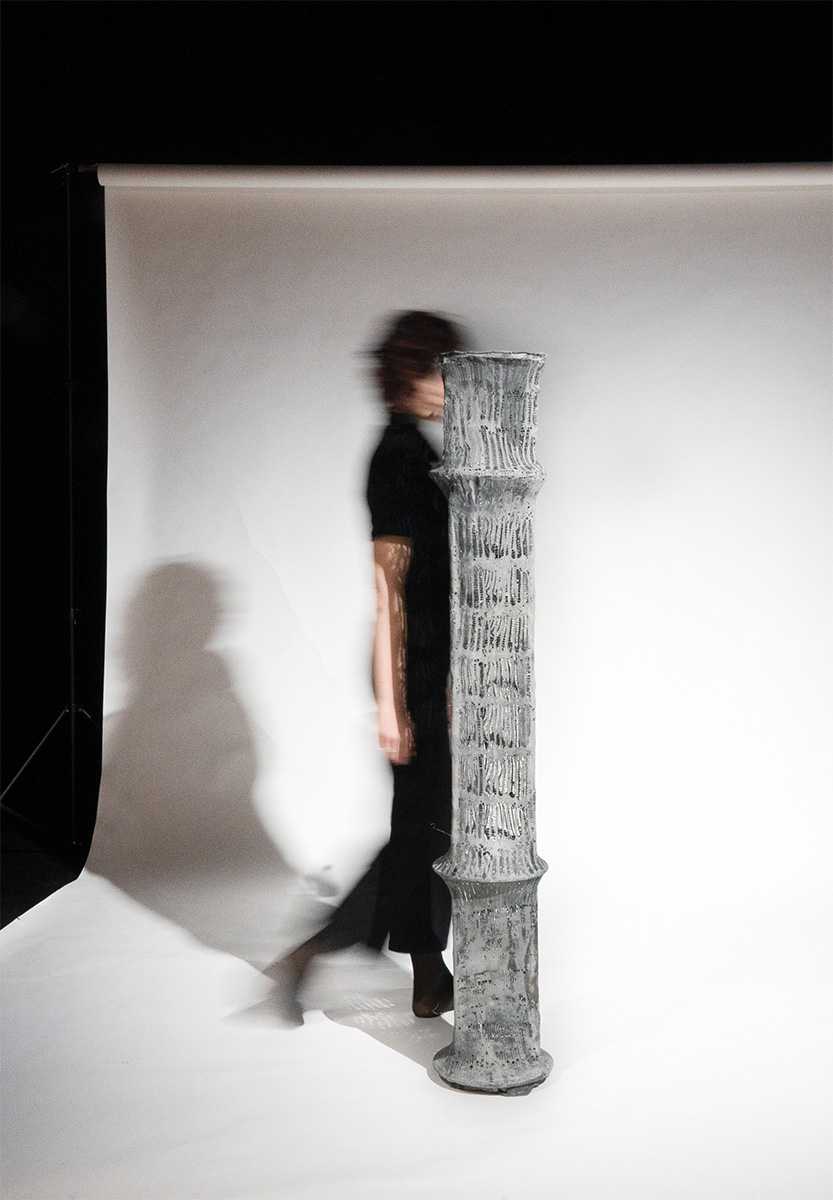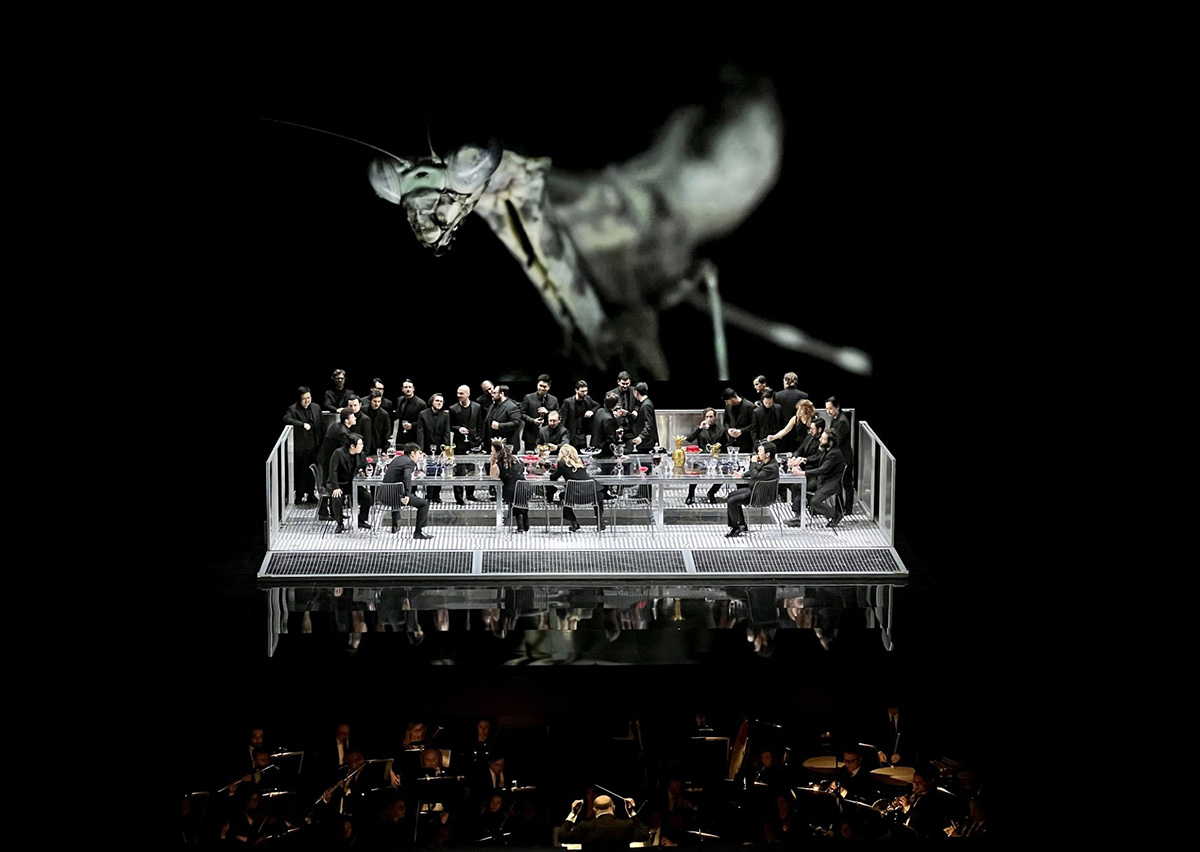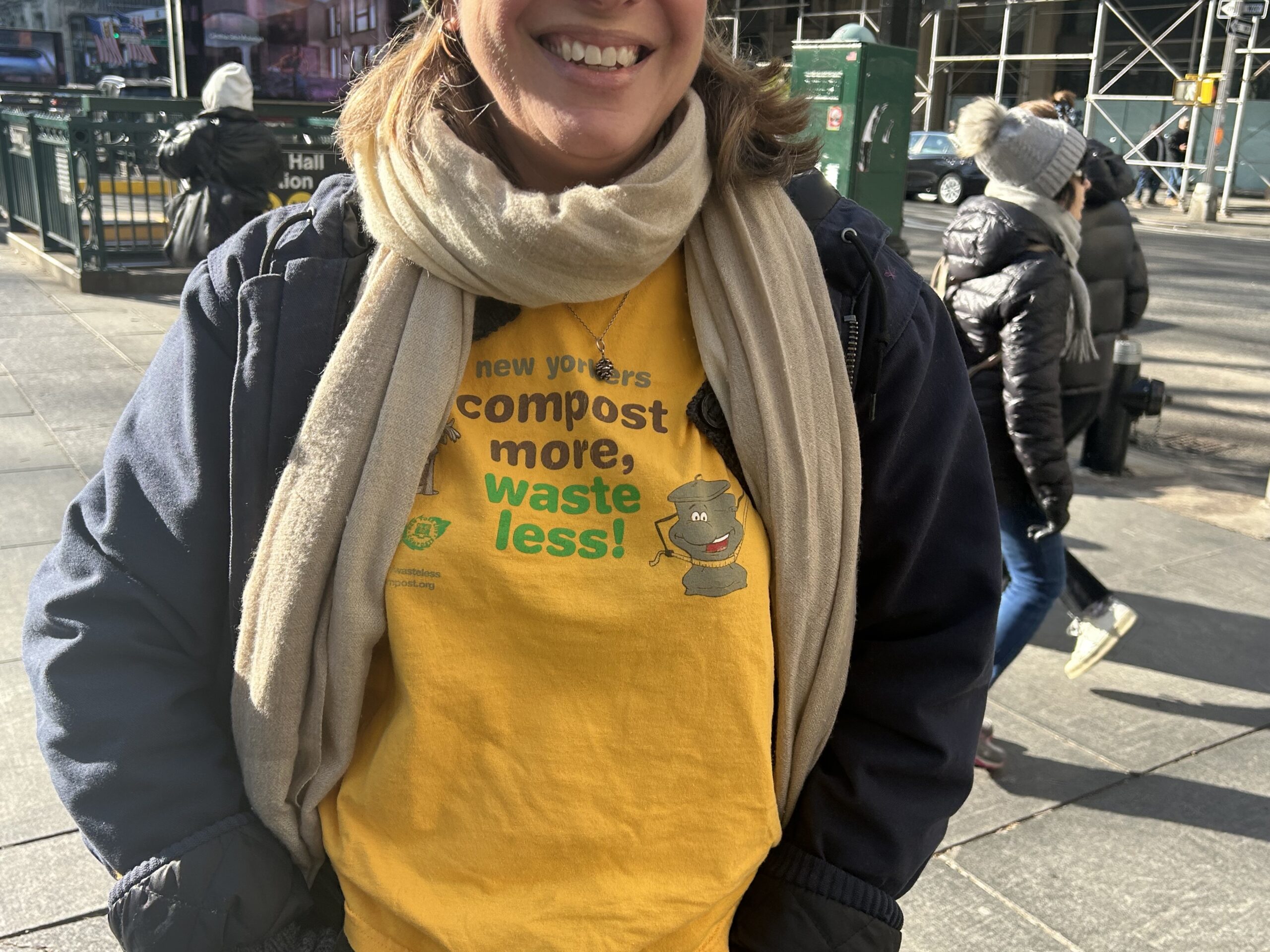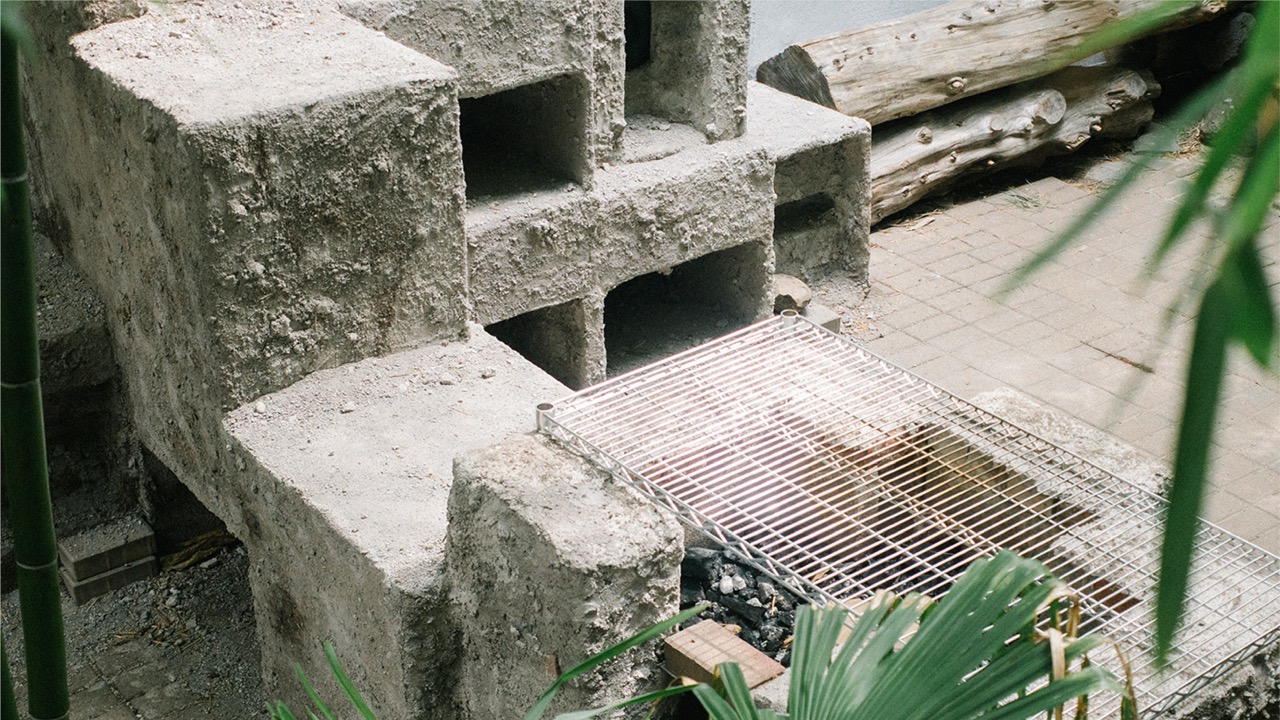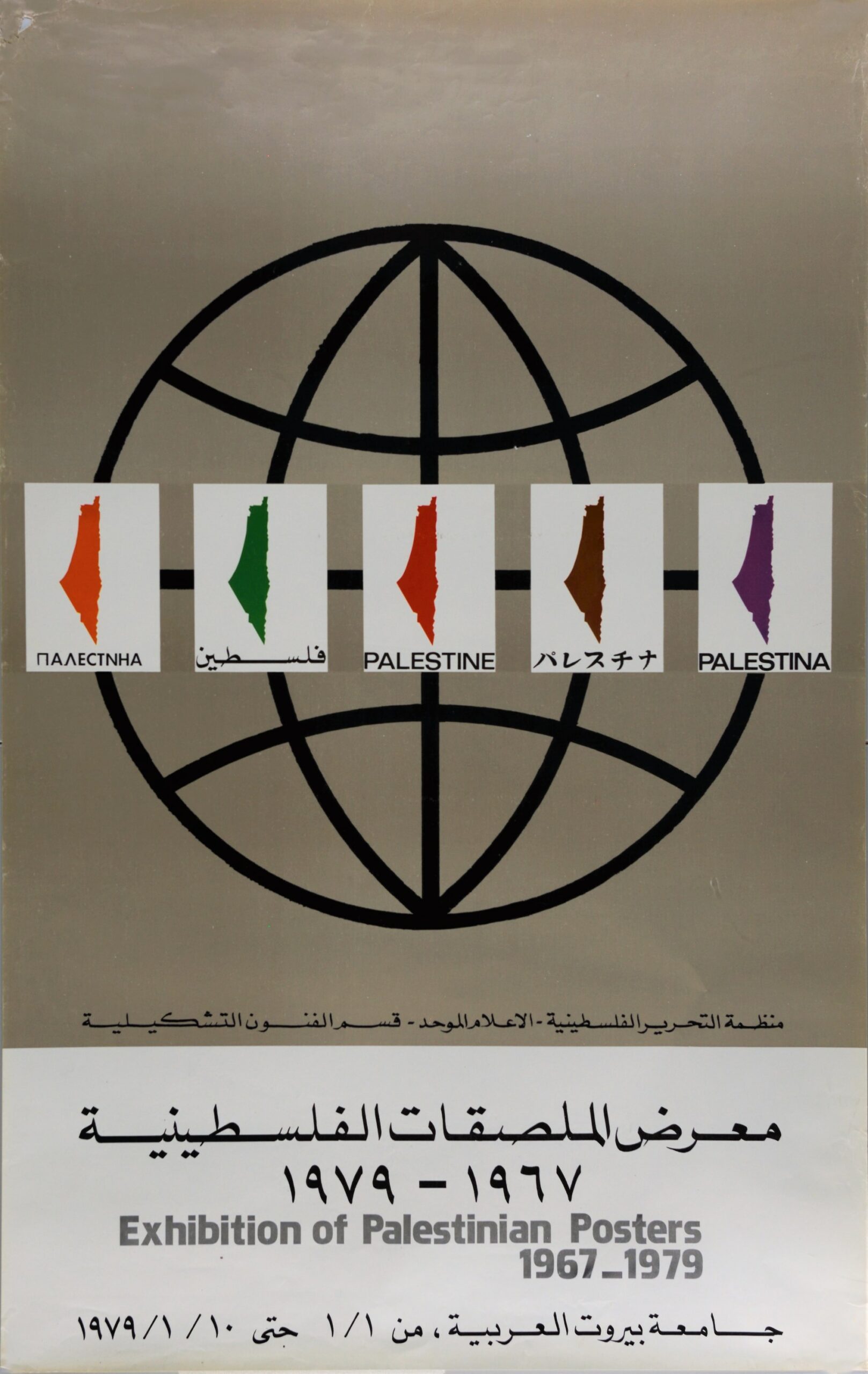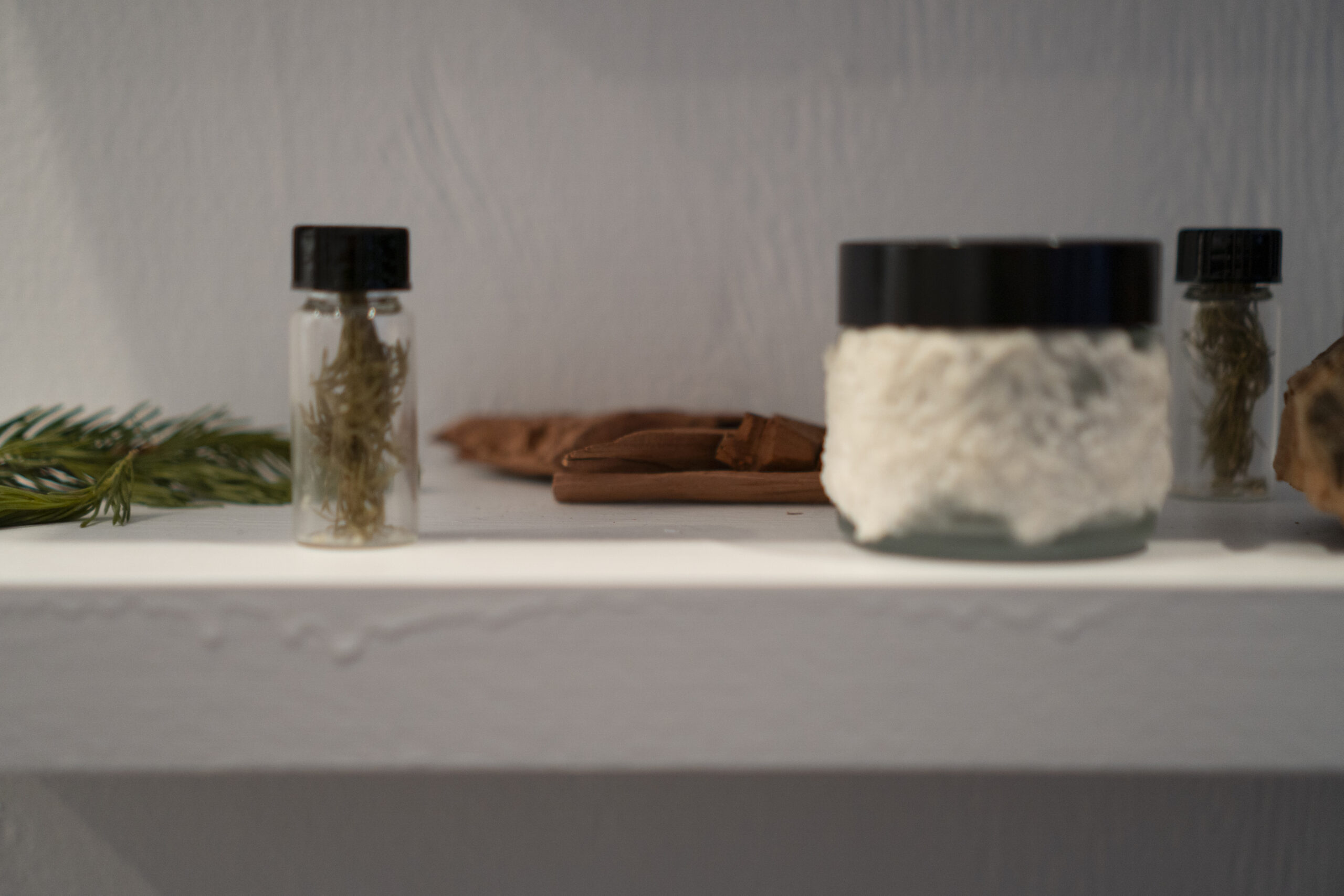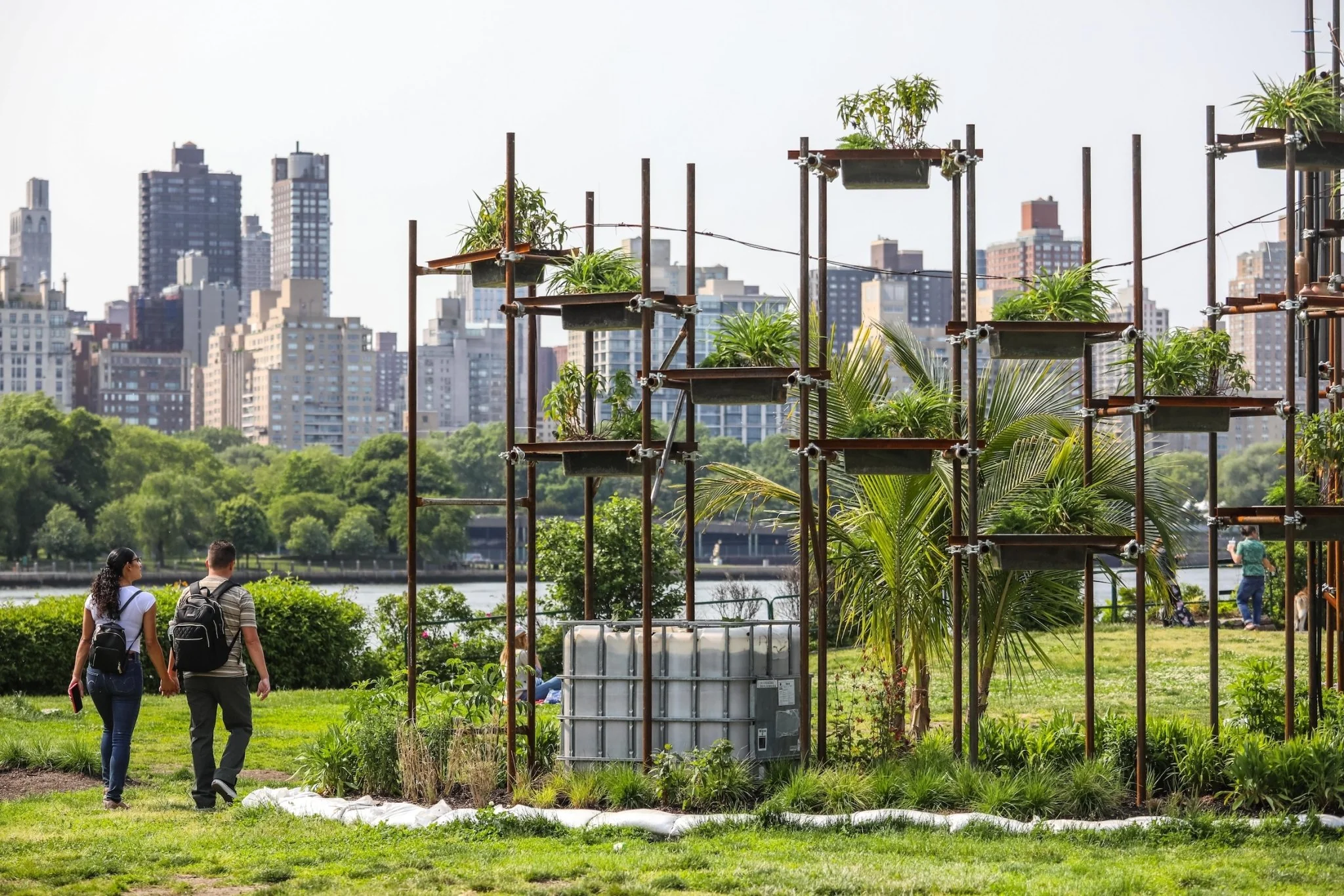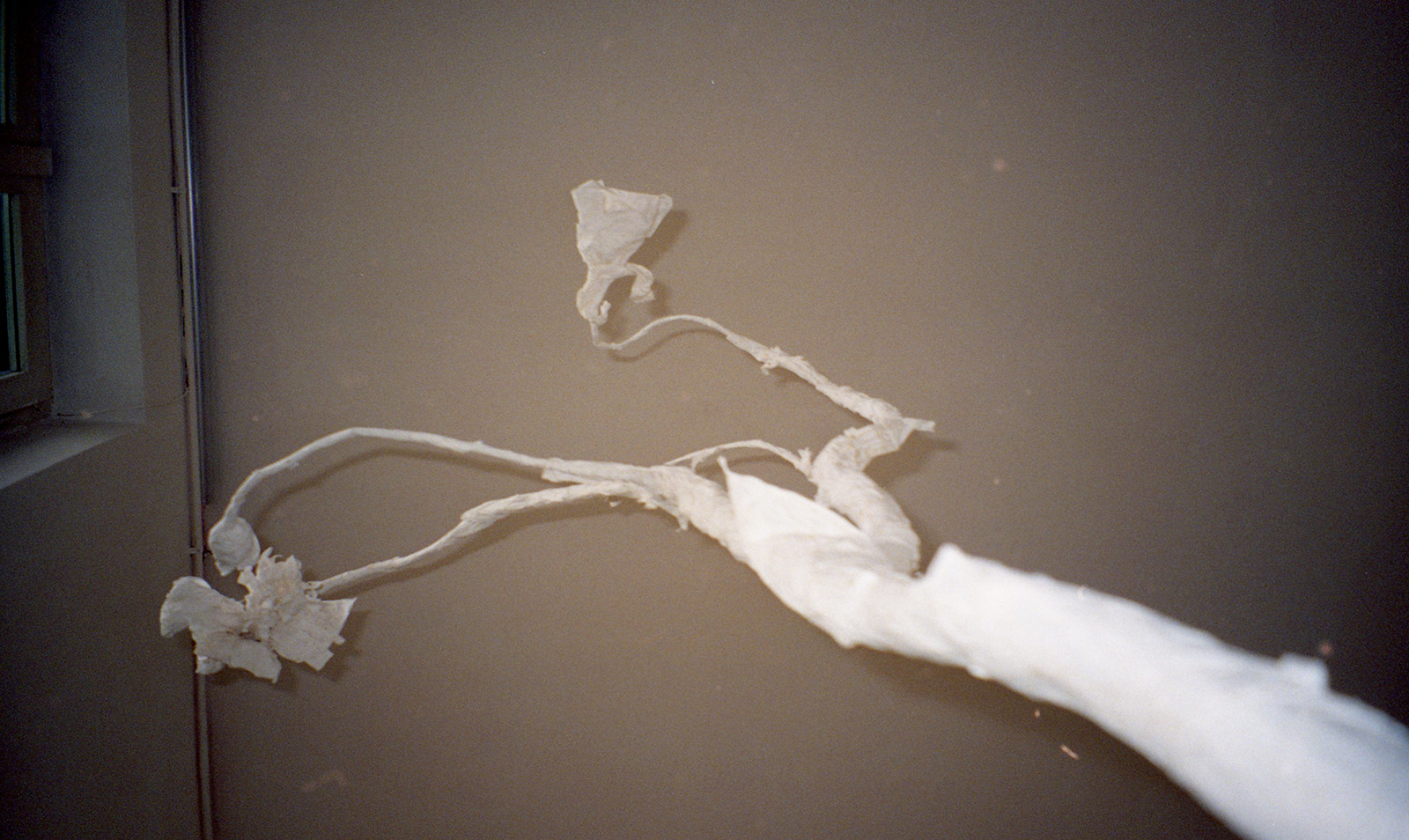Last month, a group gathered at Storm books & candy, a bookstore and programming space that opened in early 2024 and focuses on art and ecologies of the SWANA region. There, Leila and Ali, two members of the Iraqi Seed Collective, held a workshop on seed saving practices. Attendees sat at tables blanketed with various Iraqi variety plants such as Reehan Iraqi Basil and Iraqi Bamia. We were introduced to and then practiced a dry-process seed saving technique, where one shakes, blows or rubs off the husks of the plant in order to separate seeds for cultivation.
The collective, founded in 2020, joined a group of growers, from gardeners to small-scale farmers, who hope to preserve the genetic legacy of Iraqi crops, sustain an open and accessible seed exchange, and support those in the SWANA diaspora to connect more deeply with their culture. The project began with just a few seeds that had journeyed to the U.S. from Iraq in the 1980s. Over the years, the group has distributed seed varieties to local growers and now the collective collaborates with True Love Seeds and Experimental Farm Network, to share some of their collection more widely.
The ambitions of the collective are rooted in resistance, Leila and Ali explained. Since the invasion of Iraq in 2003, the U.S. has profoundly and catastrophically impacted the diversity and sovereignty of heritage seeds in the region, and destroyed the Iraqi National Seed Bank in Abu Ghraib. Ali shared at the workshop: “It’s a tried and true tactic of colonialism and war: the food crops and then the introduction of agribusiness into Iraq, limited access to water, and then an increasing dependence on importing produce. So a rapid loss of being able to grow traditional crops.”

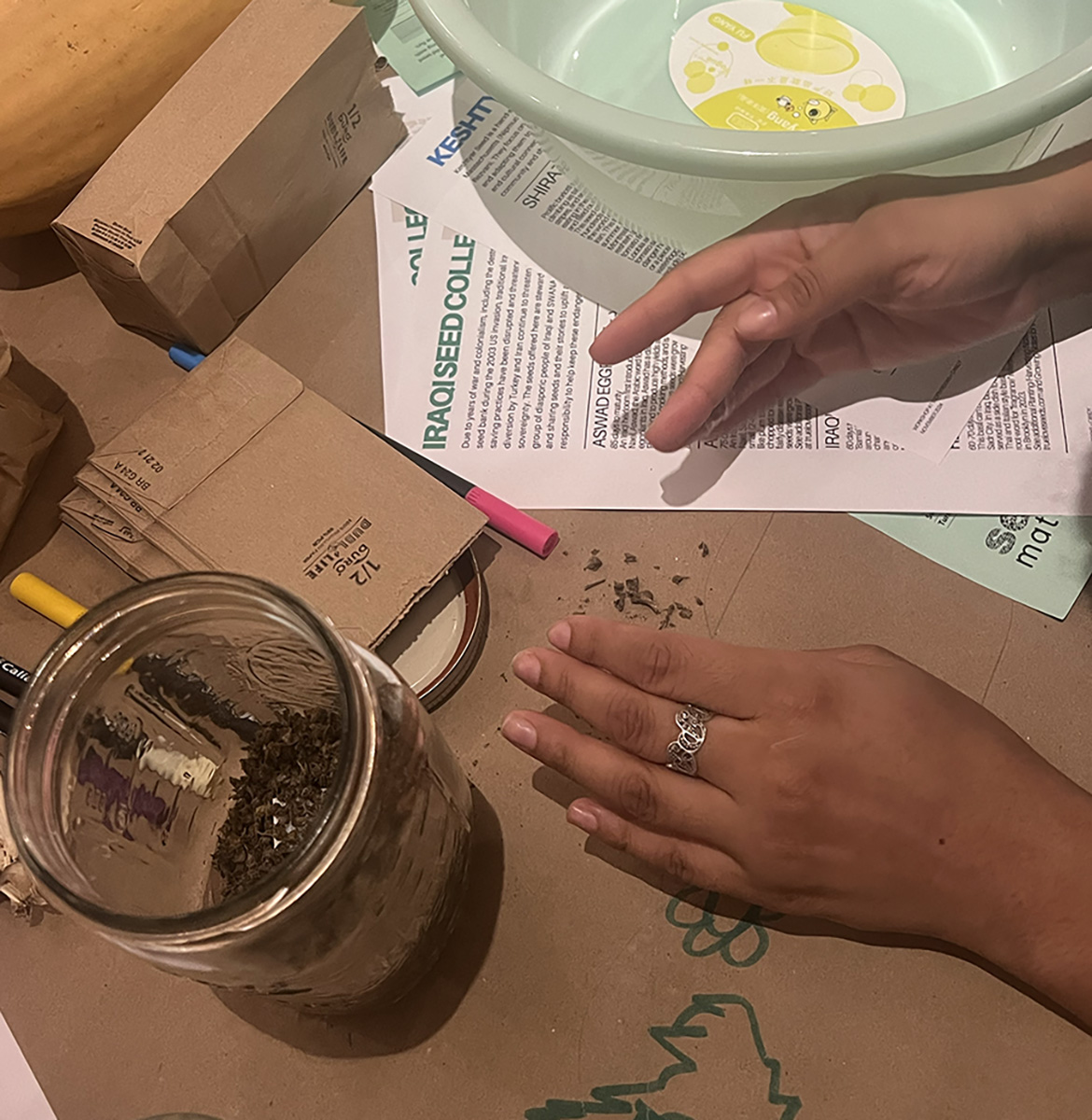
“A piece of seed saving that is really special is that it feels very hopeful. It feels like a very tangible way for us to try to counter some of these horrible things that US imperialism is doing.”
A sweeping dominance of F1 hybrids, seeds born out of the Green Revolution designed to produce high-yield, uniform crops, changed the landscape of farming globally.1 These seed types are designed to be challenging to save (as the offspring will not resemble the parent type) which compels farmers to return to purchase seeds each harvest from the few corporations that produce them. This shift has also depleted the variability and diversity of crop species, which has grave consequences. Crop diversity, maintained by small-scale farmers through generations of seed saving each season, allows crops to prosper under varying conditions while monocultures leave crops more vulnerable in the face of a changing climate.2 Leila shared that a key way to combat the homogenization and corporate dependency on seed is to reclaim agency over heritage seeds: “agro biodiversity is this incredible resource that is slowly draining away and seed saving is this practice that’s very accessible and very easy and is also so necessary to saving that precious resource.”
- Enemies of Life in the Name of Life, Arenson, 2011 p.47
Ibid. p.53
With a few basic principles, we can incorporate and adapt these practices in our own spaces, and better understand our agency in stewarding the plants that nourish us. Seed saving is about experimentation. By noticing and prioritizing which flavors and qualities you prefer, the cultural foods you cook, your body’s needs, the climate you live in, you can cultivate more complex, fulfilling, and resilient food, even if on a super small scale.
The work of the collective is sustaining a regenerative exchange of knowledge.
La Via Campesina, an international food sovereignty movement states: “Seeds are a vessel that carries the past, the accumulated vision, and knowledge and practices […] Seeds were not created once, remaining the same thereafter. They are not things, but part of a constant process of recreation.” The adaptation of every seed is a testament to a long line of its previous stewards and tells a story of its movement. Seeds are living archives, which the Iraqi Seed Collective aims to preserve through their growing community of cultivators. Their seed library circulates within the network and thrives as a commons. At its core, the work of the collective is sustaining a regenerative exchange of knowledge, as well as a dialogue between growers with their seeds and between growers themselves.
The Iraqi seed collective continues to do crucial work through their seed library, workshops, and on their partner farms. To support their efforts, you can follow @iraqiseedcollective on Instagram, listen to their episode on Seeds And Their People, and purchase their seeds from True Love Seeds or The Experimental Farm Network.
